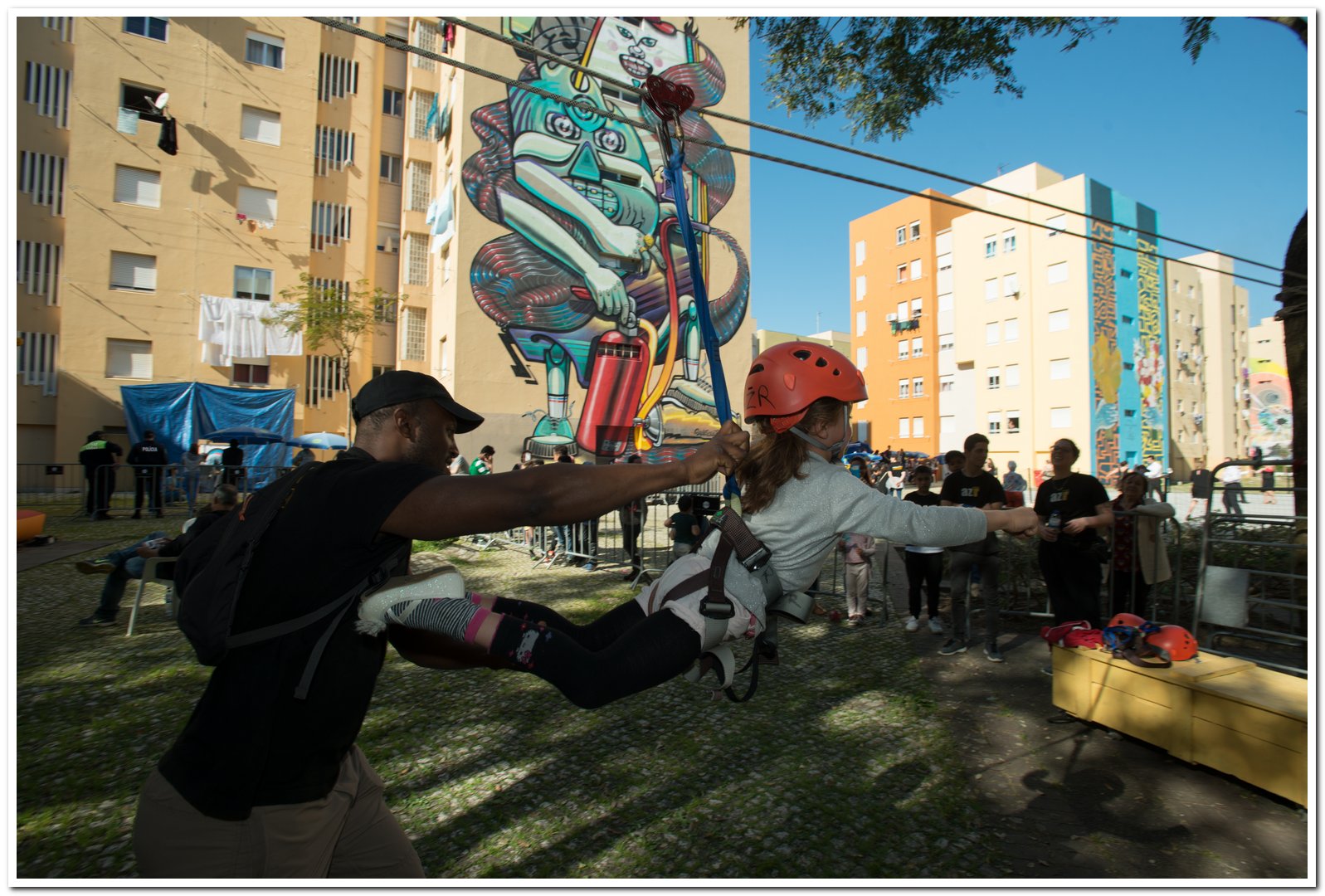The Com.Unity.Lab project aims to improve the implementation of sustainable urban development plans in economically-challenged neighbourhoods. This is done through a bottom-up, co-governance approach in the participating cities, to help municipal authorities understand local needs and opportunities when allocating public resources.
- 20 September 2020
The Bip/Zip tool has demonstrated the power and effectiveness of citizen engagement to tackle urban inequalities. The urban Community-Led Local Development (CLLD) instrument can help European cities build bridges to the most excluded citizens who cannot be reached by top-down policies.
The Urbact Transfer Network Com.Unity.Lab project is intended to replicate the Lisbon priority intervention neighbourhoods and zones strategy, commonly known by its Portuguese acronym as Bip/Zip. The overall goal is to tackle urban poverty and empower local communities through the Community-Led Local Development instrument (CLLD).
Lisbon is the lead partner in the project, which includes Lille in France, The Hague in the Netherlands, Lublin in Poland, Ostrava in the Czech Republic, Bari in Italy, Aalborg in Denmark, and Sofia in Bulgaria.
Public participation encouraged
The CLLD strategy encourages public participation in poor neighbourhoods to reduce social, economic, environmental, and urban exclusion. This is done by providing seed funding for initiatives by local community organisations, a system of co-governance, and a dedicated funding instrument.
The strategy, as implemented in Lisbon, has demonstrated the power and effectiveness of citizen engagement to tackle urban inequalities and help those excluded citizens who are not always reached by top-down policies.
Neighbourhood improvements
The residents benefit from development interventions such as restoration of public spaces, improvements to services, community activities, prevention of anti-social behaviour, and general neighbourhood improvements.
The project was implemented as part of Urbact, the European Territorial Cooperation programme that aims to foster sustainable integrated urban development in cities across Europe. It uses resources and know-how to strengthen cities’ capacity to make improvements in five areas: governance, environment, inclusion, physical urban development and economy.
Total investment and EU funding
Total investment for the project “Com.Unity.Lab – empowering local development” is EUR 600 000, with the EU’s European Regional Development Fund contributing EUR 461 250 through the URBACT III Programme for the 2014-2020 programming period.

